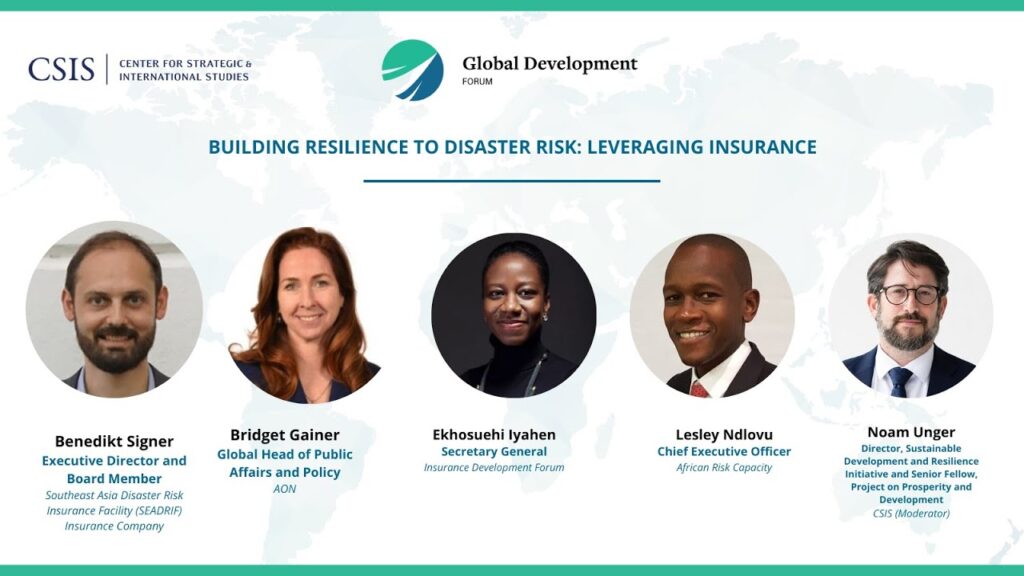
Risks associated with extreme heat, droughts, catastrophic storms, flooding, and other hazards, are growing. Building greater resilience in the face of physical risks is an especially rising priority for vulnerable lower-income countries, as well as the associated communities, businesses, supply chains, and regions that are, in turn, affected. Innovative pilot efforts by various private sector and public actors have shown that insurance can play an important role in building resilience by underwriting and distributing risk, enabling finance to operate, crowding in additional investment, advancing incentives for better policies and business practices, and contributing to better data and risk management. But how and where might it make sense to move beyond individual pilot efforts in developing countries and establish more systemic ways of leveraging insurance in a manner that advances private sector–led development? To what extent is that already happening, and can such approaches save money while enabling better preparation and faster recovery in the face of disasters?
———————————————
A nonpartisan institution, CSIS is the top national security think tank in the world.
Visit www.csis.org to find more of our work as we bring bipartisan solutions to the world’s greatest challenges.
Want to see more videos and virtual events? Subscribe to this channel and turn on notifications: https://cs.is/2dCfTve
Follow CSIS on:
• Twitter: www.twitter.com/csis
• Facebook: www.facebook.com/CSIS.org
• Instagram: www.instagram.com/csis/
source




Didnt you get the update? Climate is soooo 2024. It's all about pretending the earth isnt a fully functioning hydrocycle and clean water is a "valuable resource" rathner than just polluted by international mega slorps.